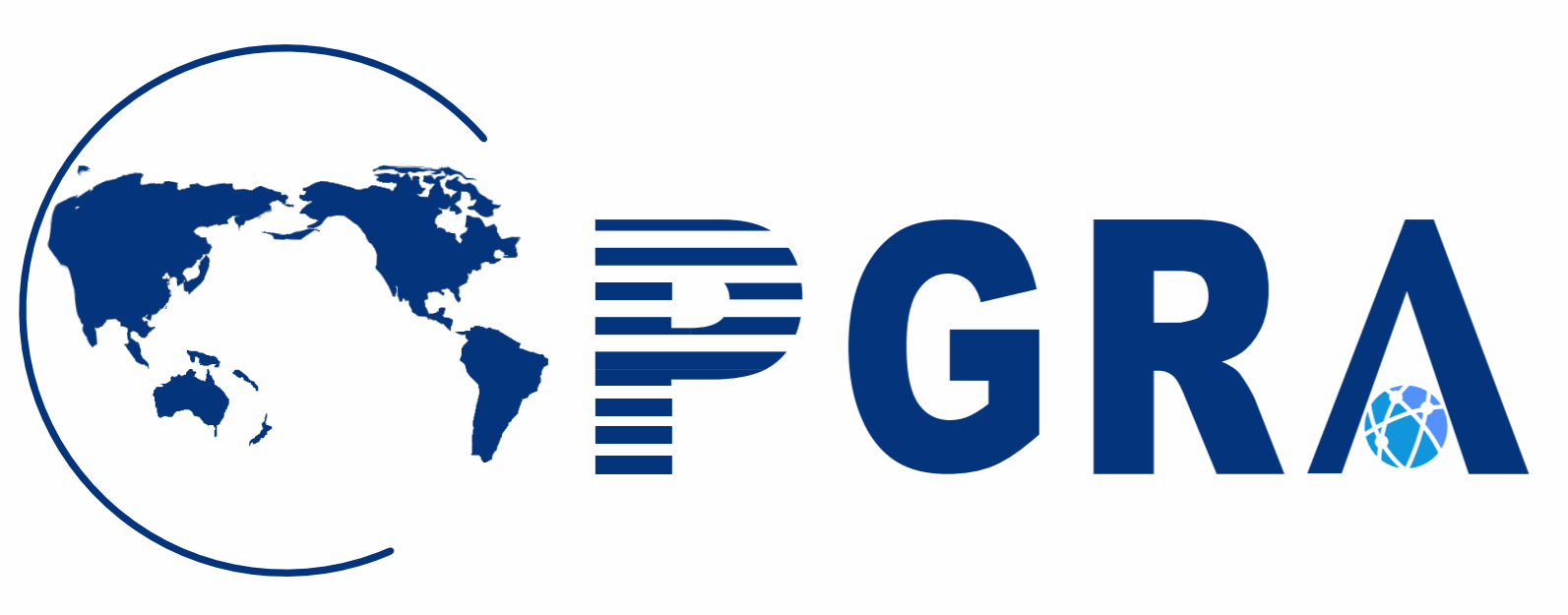WASHINGTON: US President Donald Trump hosted Pakistan’s army chief Field Marshal Asim Munir at the White House on Wednesday (Jun 18), in a rare meeting that has sparked a renewed dispute with India over Trump’s claim that he helped stop the recent war between the South Asian rivals.
The lunch meeting marked the first time a US president has hosted Pakistan’s powerful military chief at the White House without senior Pakistani civilian officials present.
Trump said he was honoured to meet Munir and that they discussed Iran, “which Pakistan knows better than most.” Trump added that he thanked Munir for ending the war with India and also praised Indian Prime Minister Narendra Modi, whom he spoke to on Tuesday night.
“Two very smart people decided not to keep going with that war; that could have been a nuclear war,” Trump told reporters.
Pakistani officials said Munir was expected to urge Trump not to enter Israel’s conflict with Iran and instead seek a ceasefire. Pakistan, which hosts Iran’s interests section in Washington in the absence of US-Iran diplomatic ties, has condemned Israel’s airstrikes on Iran as a violation of international law.
The meeting signals a potential thaw in US-Pakistan relations, which have been strained under both the Trump and Biden administrations as Washington increasingly prioritised ties with India to counter China.
Asked what he hoped to achieve from meeting Munir, Trump said: “Well, I stopped a war… I love Pakistan. I think Modi is a fantastic man. I spoke to him last night. We’re going to make a trade deal with Modi of India.”
“But I stopped the war between Pakistan and India. This man was extremely influential in stopping it from the Pakistan side, Modi from the India side and others,” he added. “They were going at it, and they’re both nuclear countries. I got it stopped.”
White House spokeswoman Anna Kelly said Trump hosted Munir after the army chief called for him to be nominated for the Nobel Peace Prize for helping prevent a nuclear war.

INDIA DENIES MEDIATION
Trump said last month that India and Pakistan agreed to a ceasefire after talks mediated by the United States and his encouragement to prioritise trade.
But Modi told Trump during their call on Tuesday that the ceasefire had been reached through direct military talks between India and Pakistan, not US mediation, India’s Foreign Secretary Vikram Misri said in a statement.
Pakistan has expressed appreciation for Washington’s role, while India has repeatedly denied any third-party involvement. The Tuesday call was the first between Trump and Modi since the May 7–10 conflict.
“PM Modi told President Trump clearly that during this period, there was no talk at any stage on subjects like an India-US trade deal or US mediation between India and Pakistan,” Misri said.
“Talks for ceasing military action happened directly between India and Pakistan through existing military channels, and on the insistence of Pakistan. Prime Minister Modi emphasised that India has not accepted mediation in the past and will never do.”
Misri said Modi and Trump had been scheduled to meet on the sidelines of the G7 summit in Canada, but Trump left early due to the Middle East crisis.
Trump had asked if Modi could stop by the United States after the summit, Misri said, but the Indian leader declined due to prior commitments.
The recent flare-up between the nuclear-armed neighbours began after an April 22 attack in Indian-administered Kashmir killed 26 people. New Delhi blamed the attack on Pakistan-backed militants, a charge Islamabad denies.
India launched airstrikes across the border on May 7, triggering four days of retaliatory attacks that involved jets, missiles, drones and artillery.
Pakistan said the ceasefire came after its military responded to an Indian call through military channels.
Michael Kugelman of the Asia Pacific Foundation said US-India ties, which have strengthened in recent years, could suffer if Trump continues to insist on a US role in mediating the conflict or offers help on Kashmir.
“For Delhi, it all boils down to an age-old question: How much can it tolerate US-Pakistan cooperation without having it spoil US-India relations, a partnership that’s thrived in recent years despite continued US-Pakistan links,” he said.
Source: Reuters/fs

